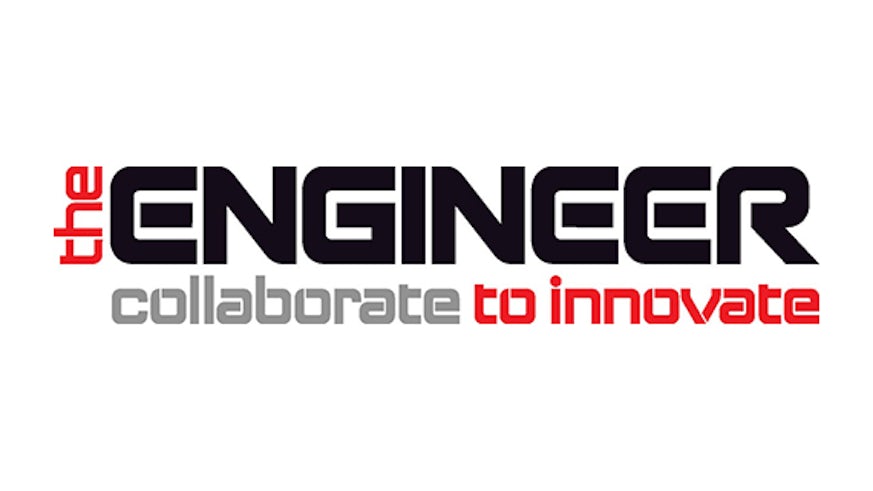Work on Cryoegg leads to nomination for 2019 Collaborate to Innovate Awards
30 August 2019

Dr Liz Bagshaw and team nominated for 2019 Collaborate to Innovate Awards.
Now in its fourth year, The Engineer’s Collaborate to Innovate (C21) Awards were established to uncover and celebrate great examples of technology-led engineering collaboration across a range of different disciplines and sectors. Dr Liz Bagshaw and her team have been nominated for their work on the Cryoegg technology.
Cardiff University’s Cold Climate Research Group unites cross-disciplinary scientists in the School of Earth and Environmental Sciences who look at processes in some of the most extreme environments on Earth. They are interested in how life exists in extreme environments and how processes in the coldest places influence the workings of the whole Earth.
The Cold Climate team develop insights into the state, behaviour and dynamics of Earth system processes in the Polar Regions through a combination of field research, laboratory experimentation and numerical modelling. This summer, some of the group have been doing field research in Greenland to test new technologies that can measure glacial melt.
Leading the work is Dr Liz Bagshaw, from the School of Earth and Environmental Sciences, who develops small wireless sensors that can gather measurements from more than 2000 metres beneath glaciers, whilst at the same time withstanding the extreme conditions.
The technology is the size of a grapefruit and known as ‘Cryoegg’, and includes a tiny circuit board within a mould that can measure the pressure, electrical conductivity and temperature of the surrounding meltwater. The instrument has been developed with colleague Dr Mike Prior-Jones, and Dr Jonny Lees from the School of Engineering, with support from engineers and glaciologists at the University of Bristol. The project is funded by the UK Engineering and Physical Sciences Research Council (EPSRC).
The team worked with two international ice drilling missions this summer: RESPONDER, which is using hot water to make a deep hole in the ice, led by the Scott Polar Research Institute and Aberystwyth University, and the East Greenland Ice Core Project (EGRIP) led by University of Copenhagen, which is extracting a 2.5 km long ice core using a specially designed drill. The Cryoegg team used these boreholes to test the operation of the instrument in the extreme cold, and collect valuable data for the next design phase.
The shortlisted application for this work is a great achievement against tough competition. Commenting on this year’s finalists, editor of The Engineer Jon Excell said: “We launched C21 to uncover the very best examples of UK engineering collaboration and this year’s shortlist features some particularly strong examples of this crucial dynamic in action: from truly world-leading projects at the cutting edge of the automotive sector to healthcare technology breakthroughs that are going to save lives.”
The ultimate winners of each category will be announced at a special event in London on 6 November and covered in detail in a special issue of The Engineer.
Find out more about the other categories and organisations that have been shortlisted.